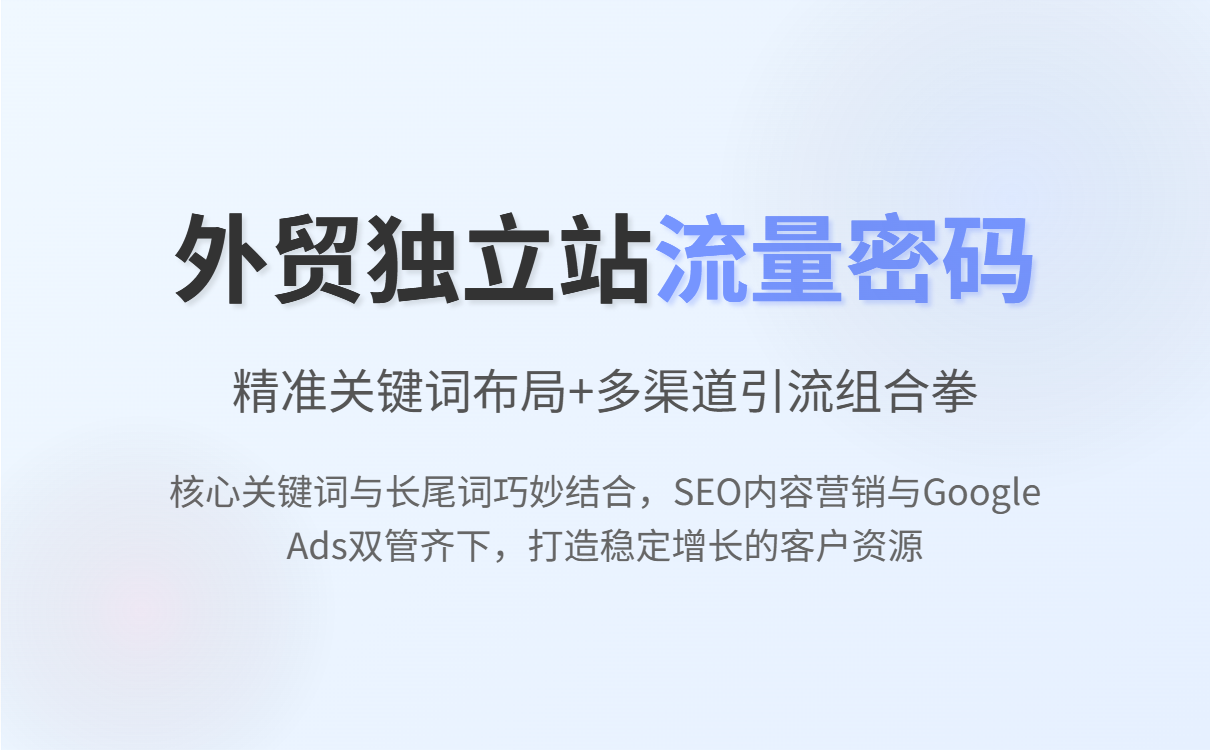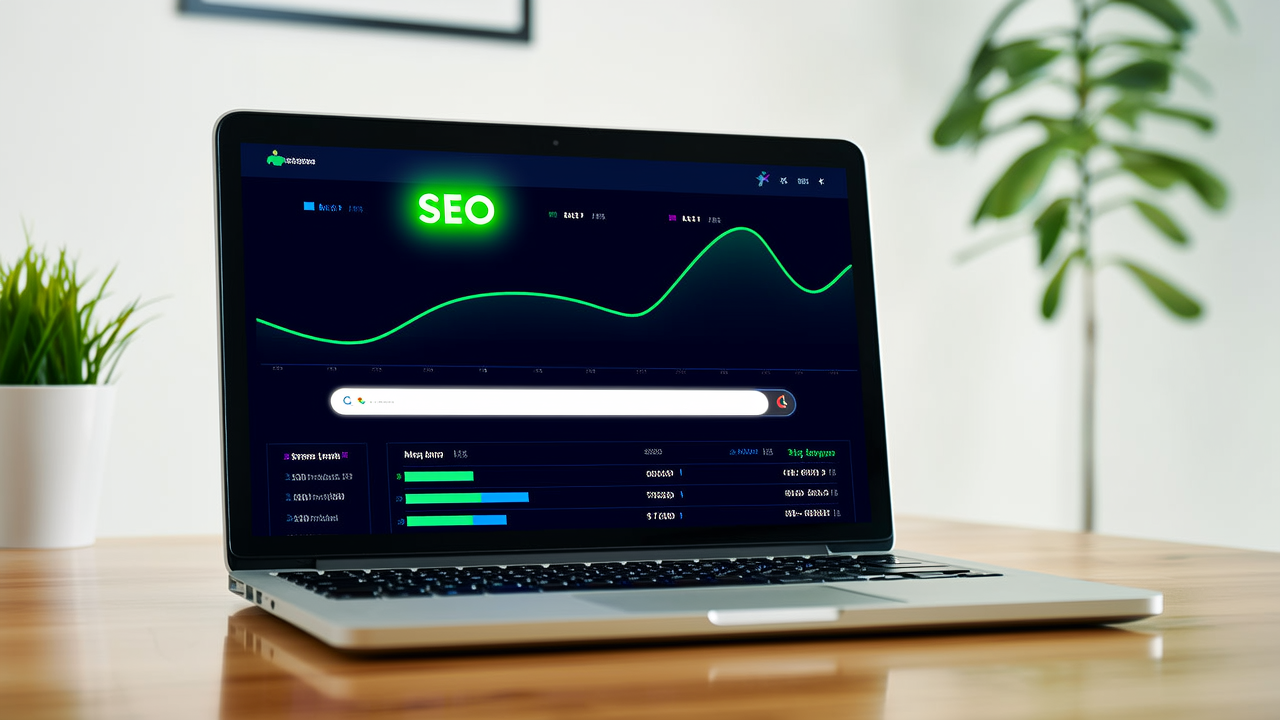 400-076-6558智领未来,外贸超级营销员
400-076-6558智领未来,外贸超级营销员
 400-076-6558智领未来,外贸超级营销员
400-076-6558智领未来,外贸超级营销员

Cross-border e-commerce stakeholders targeting German-speaking markets face a persistent challenge: low organic search traffic despite investing heavily in website localization. Industry data reveals that over 70% of foreign trade websites targeting Germany experience stagnant Google rankings due to suboptimal keyword strategies and poor site architecture adaptation to local search nuances. In this context, leveraging artificial intelligence (AI) powered SEO tools to dynamically generate and optimize German long-tail keywords emerges as a transformative solution.
A recent analysis using Google Search Console and Ahrefs data across 50 cross-border B2B sites demonstrated an average CTR (click-through rate) below 1.2% for generic German keywords such as „Industrie Maschinen“ or „elektronische Bauteile“. This indicates fierce competition on broad keywords and highlights the necessity to pivot towards long-tail keywords which carry lower search volume but significantly higher conversion intent.
Moreover, SEO audits confirm many sites suffer from static Title-Description-Keywords (TDK) tags and legacy HTML structures, limiting Google’s semantic understanding critical for hierarchical content ranking in DE search results. Manual optimization of thousands of keyword variants is impractical without automation.
Modern intelligent SEO engines combine advanced AI algorithms to analyze real-time search behaviors, competitive landscapes, and semantic contexts. This enables:
The impact is a scalable SEO infrastructure that continuously adapts pages to evolving German search algorithm updates, maximizing visibility without manual overhead.
| Keyword Example | Search Volume (Monthly) | Competition Level | Ranking Difficulty |
|---|---|---|---|
| "industrielle präzisionsmaschinen für kleine serien" | 320 | Medium | Low |
| "energieeffiziente LED-beleuchtung für produktionshallen" | 210 | Low | Low |
| "bestandteile elektronischer geräte mit ROHS-konformität" | 150 | Medium | Medium |
Allocating dedicated landing pages optimized for these compound long-tail queries with semantically layered headings (<h2>, <h3>) and contextual internal links significantly improves crawl depth and ranking potential. AI SEO engines assist by suggesting keyword variants automatically based on intent clusters parsed from German search patterns.
Competitor keyword movements in the German market can be closely monitored using AI-powered tools integrating APIs from platforms like Ahrefs and SEMrush. Real-time dashboards provide insights into:
These data feed into an automated system that recalibrates TDK tags, updates semantic markup, and refines content injections — ensuring on-site SEO is perpetually aligned with the competitive landscape without requiring cumbersome manual interventions.
For instance, a B2B supplier of industrial valves reported a 25% increase in organic traffic within 3 months after deploying AI-driven dynamic TDK generation and semantic structuring focused on German long-tail keywords like „industrielle sicherheitsventile 24v“.
Validating optimization efforts with authoritative data sources like Google Search Console provides measurable KPIs: impressions, average position shifts, and click distribution on localized keywords. In addition, combining this with Ahrefs’ backlink and keyword difficulty metrics strengthens credibility in content strategy decisions aligning with German search user intent.
Embedding lightly interactive elements such as keyword suggestion tools, feedback forms, or polls pertaining to product categories encourages user-generated content. This organic input helps build an evolving keyword ecosystem tailored to German B2B buyer language, supporting long-term SEO sustainability.

Implementing these advanced AI-powered SEO methodologies demands a balanced mix of strategic planning, technological investment, and continuous monitoring. While initial deployment might require specialized expertise and a timeline of approximately 2-4 months to stabilize, the resulting organic traffic gains are sustainable and scalable.

For B2B exporters aiming to cultivate a resilient German digital presence, this approach transcends conventional SEO tactics by embracing automation, semantic relevancy, and ongoing competitor intelligence.

.png?x-oss-process=image/resize,h_100,m_lfit/format,webp)
.png?x-oss-process=image/resize,h_100,m_lfit/format,webp)

.png?x-oss-process=image/resize,h_100,m_lfit/format,webp)
.png?x-oss-process=image/resize,h_100,m_lfit/format,webp)
.png?x-oss-process=image/resize,h_100,m_lfit/format,webp)
.png?x-oss-process=image/resize,h_100,m_lfit/format,webp)
